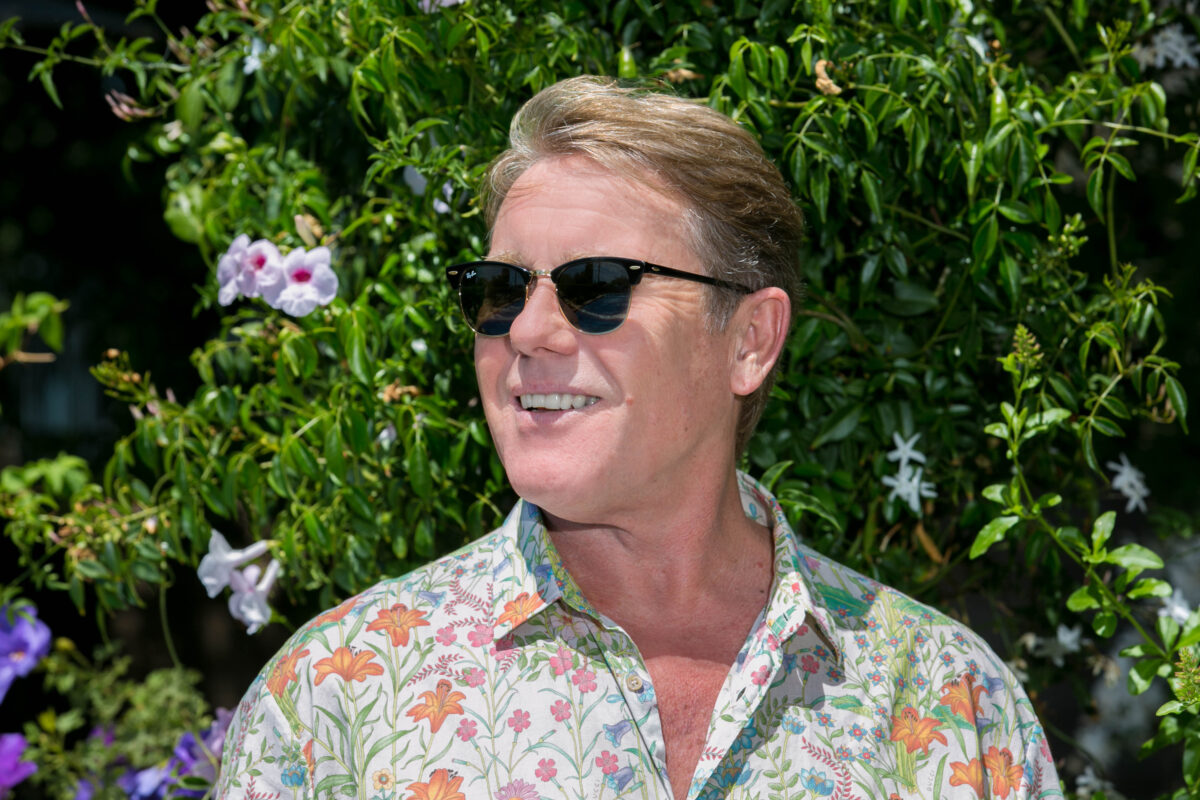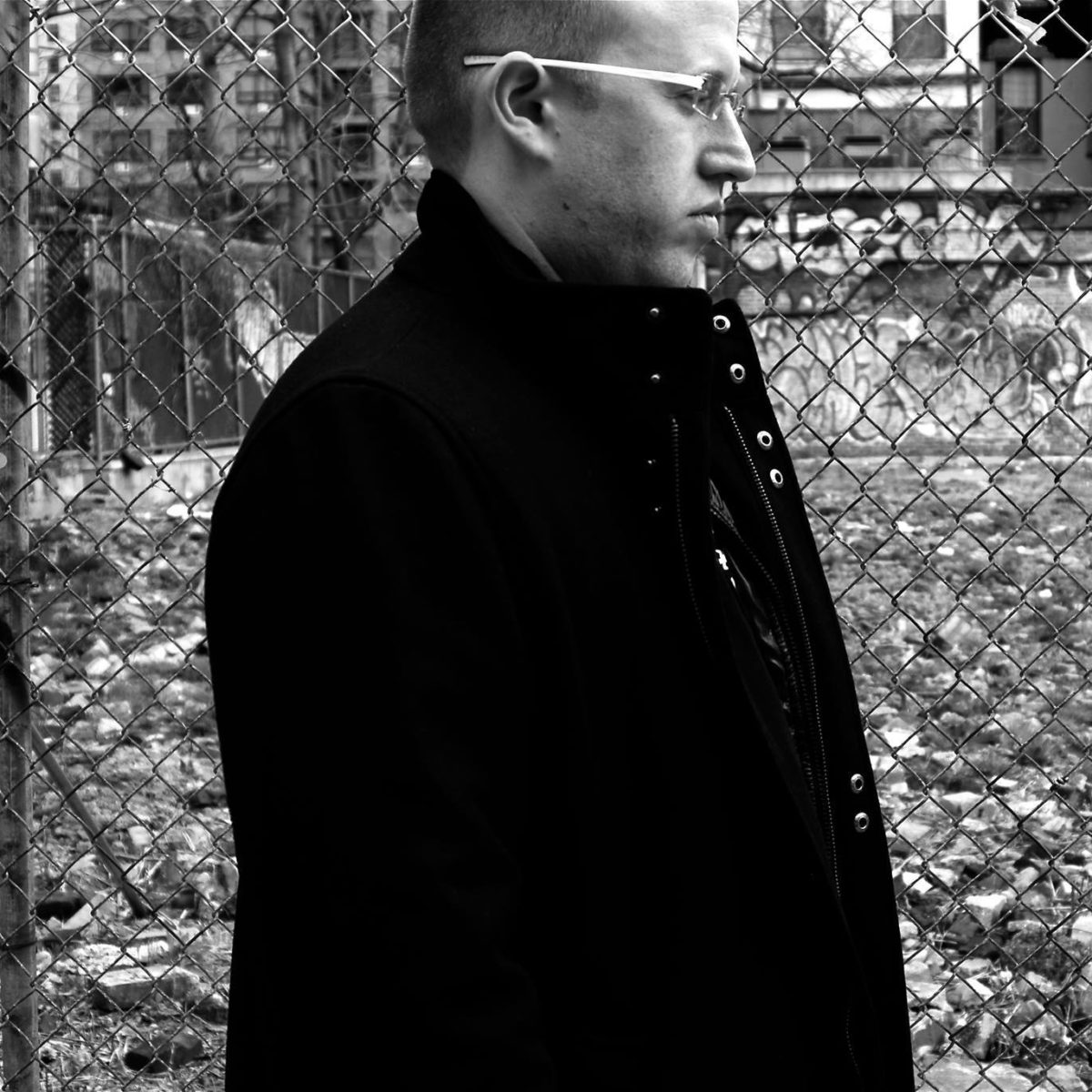The English Beat

The English Beat is a band with an energetic mix of musical styles and a sound like no other. The band’s unique sound has allowed it to endure for nearly four decades and appeal to fans, young and old, all over the world.
When The English Beat (known as The Beat in their native England) rushed on to the music scene in 1979, it was a time of massive social and political unrest and economic and musical upheaval. This set the stage for a period of unbridled musical creativity, and thanks in large part to the Punk movement and it’s DIY approach to making music, artists like The Beat were able to speak out and speak their mind on the news of the day, as in “Stand Down Margaret”, things that mattered to them and the youth culture, as in “Get A Job”, and universal matters of the heart and soul, as in their classic hits “I Confess” and “Save It For Later”.
The Beat first came to prominence as founding members of the British Two Tone Ska movement, with their classic first album “Just Can’t Stop It” fitting squarely in that genre. Along with their contemporaries The Specials, The Selecter, and Madness, the band became an overnight sensation and one of the most popular and influential bands of that movement.
However, band leader Dave Wakeling never felt constrained by the movement. The band crossed over fluidly between soul, reggae, pop and punk, and from these disparate pieces they created an infectious dance rhythm. The band’s sound continued to evolve over their three studio albums, through the General Public era (a band formed by Dave with The Beat’s toaster, Ranking Roger), and it has continued its evolution with the forthcoming English Beat album “Here We Go Love”, a PledgeMusic crowd-funded album set for a 2016 release, the band’s first new album since 1982’s “Special Beat Service”.
Consummate showman that he is, Dave Wakeling continues to keep The Beat alive and strong, touring the world as The English Beat with an amazing all-star ska backing band playing all the hits of The Beat, General Public, and songs from his new album “Here We Go Love”.
You just can’t stop The English Beat!
Louis “sirlou” Kahn
Herbert Holler

Herbert Holler Official Website | Herbert Holler on Facebook | Herbert Holler on Twitter | Herbert Holler on Instagram
When I was little, I had problems sleeping. I wasn’t putting myself to bed ever, really. My parents tried everything in the book to get me out, but nothing worked. One night, my dad was at the bar doing his funny dance to Survivor’s “Eye of the Tiger,” and I asked him to pick me up. Less than five minutes later, I was out. Every night thereafter, he slung me over his shoulder just before bedtime and danced me to sleep—to Queen, Styx, Chicago, Meatloaf and lots and lots of Electric Light Orchestra.
ELO was our personal favorite. I ended up memorizing every word to every song off “Out of the Blue.” Anytime we were in his Honda Accord ’87, that 8-track went in. My mom had her input, too. Mostly Billy Joel, Tom Jones, maybe some Diana Ross. She tried singing me to sleep some nights, but “Why Do Fools Fall in Love” doesn’t really set the mood for deep slumber. She gave me my very first piece of vinyl—1966’s “The Best of the Beach Boys.” After the needle gave up trying to stick to that record, she handed me the soundtrack to “Hair.” When the day finally came for me to start learning the value of a dollar and buy my own music, the first tape I went out and purchased was Run DMC’s “Raising Hell.”
How I got from 70s orchestral rock, surf ditties, and Broadway musicals to hip-hop, I’ll never know. But that diversity has stuck with me to this day. Just when I pledge allegiance to some new rap artist, I’m a bloodthirsty digger searching for a new, synthetic electronic sound I heard on satellite radio or on somebody’s blog. And then I’m back frantically Googling a soul or disco sample I recognized from an old tune or putting the finishing touches on a Dubstep mix I took way too much time obsessing over or re-organizing my play lists so I know the difference between bounce, trap and an old Dirty-South anthem.
The question of how I ended up spending half my waking hours in a nightclub is easy: I practically grew up in one. Again, my father is to blame. He used to be the Food & Beverage Manager at Resorts Casino Hotel in Atlantic City, NJ, my hometown. I clocked more hours at that place than some of the people on payroll. And this was the 80s, mind you, when the casino strip was as glamorous as it would ever be: fur coats, pearl necklaces, big Cadillacs and Liberace (who I saw live…many times). The lights, the sounds, the electricity in the air, even the smells…these things never left.
Nor has my penchant for making people smile. In grade school I brought class clown to a new level. It cost me my grades, and also led to a few suspensions, but there was nothing I enjoyed more than leaving my classmates in stitches. Sometimes even the teacher had to take a second to regain composure. I thought maybe I’d make a good psychiatrist, helping people smile, so I went premed at NYU, till I realized the night before classes started that I’d have to sit still and study a lot. (Hence the B.A.) Naturally, I tried my hand at comedy (performed improv at the UCB Theater in 2001 and put together a sketch group called “Plan B”), but I couldn’t afford to be broke, and I was already getting gigs and discovering my knack for making dance floors pop. So, it was settled: I was to be a professional DJ.
Today, my career is in its 15th year with no signs of slowing down. I’ve played just about every NYC lounge, bar and dance club from Wall Street to 125th, from Brooklyn to the Bronx, not-to-mention residencies and guest spots across the globe; I continue to work with a growing list of high-profile clients, event-production teams and world-renown artists; I spin some of the most celebrated annual events in NYC, including the Brooklyn Black Tie Ball and Central Park SummerStage; I’ve created the most legendary old-school dance party in NYC history, the award winning Freedom Party® (voted “Best Party” by Papermag in 2010 and “Best Dance Party” by Village Voice in 2015; also a monthly in Chicago); and I continue to create unforgettable dance floors for people from all walks of life.
After years of hard work, dedication and professionalism, my name and reputation as a DJ in the music and entertainment industry precedes itself. And though I don’t get to play nearly as much ELO at the gigs as I’d like to, and 8-track tapes (and Liberace) are long gone, my love for the music, the night, and for making people smile are still here.

